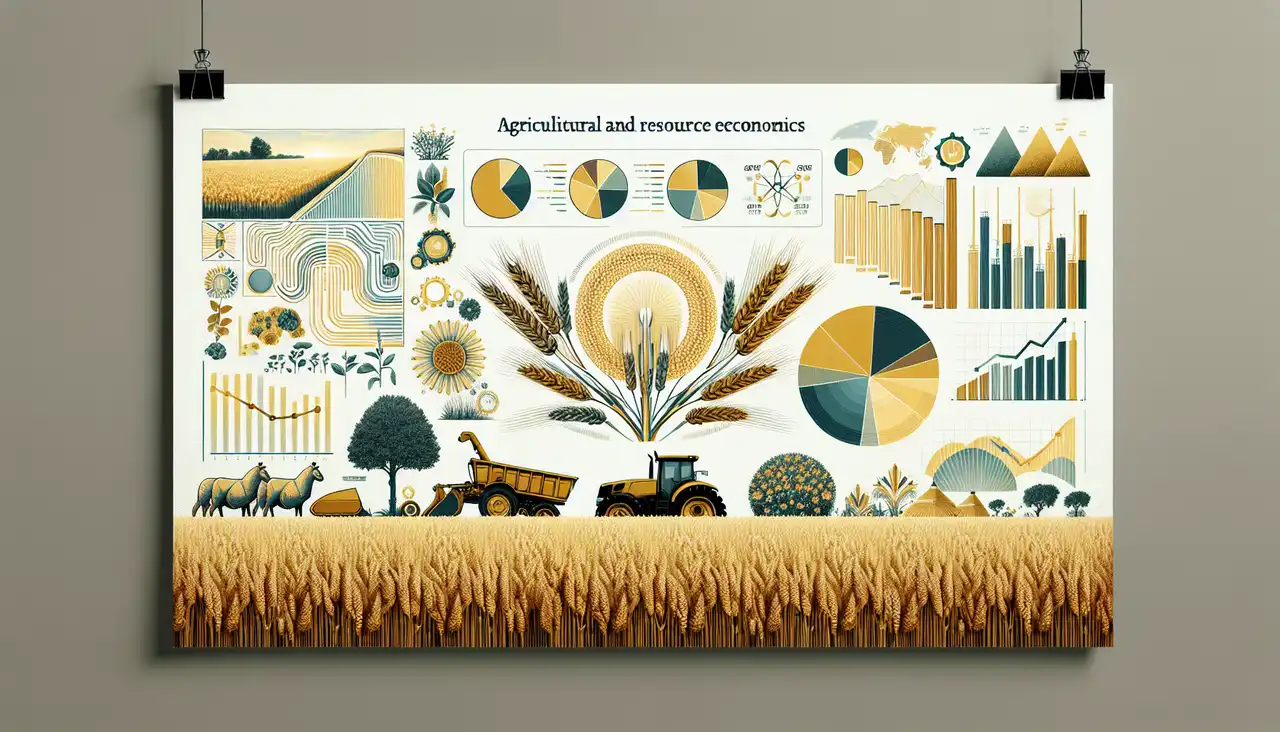

Gad Perry
A leader in transformative education for conservation biology, Dr. Gad Perry is a distinguished Professor in the Department of Natural Resources Management at Texas Tech University. With a profound commitment to understanding and mitigating the impact of human activities on the environment, Dr. Perry's research is at the forefront of ecological and conservation issues. His work is particularly focused on reptiles and amphibians, exploring their roles and challenges within urban ecosystems both in the United States and internationally. Dr. Perry's research interests extend to the ethics of wildlife research, a field in which he has made significant contributions. His dedication to ethical considerations in conservation practices underscores his holistic approach to environmental stewardship. As an Editorial Board member for the journal Urban Ecosystems, Dr. Perry plays a critical role in shaping the discourse around urban biodiversity and the challenges faced by wildlife in rapidly changing environments. In addition to his academic and editorial responsibilities, Dr. Perry is actively involved with the International Union for Conservation of Nature (IUCN), serving as a member of the Invasive Species and Iguana Specialist Groups. These roles highlight his expertise in addressing the complexities of species conservation and management, particularly in the context of invasive species that threaten native biodiversity. Dr. Perry's expertise was further recognized when he served as a Jefferson Science Fellow at the U.S. Department of State during the 2019-2020 academic year. This prestigious fellowship allowed him to contribute his scientific knowledge to policy discussions, bridging the gap between science and international environmental policy. Throughout his career, Dr. Perry has been dedicated to advancing the field of conservation biology through research, teaching, and service. His work not only contributes to the scientific community but also informs practical conservation strategies that aim to preserve biodiversity and promote sustainable interactions between humans and the natural world.
Publications
, 261-273, 2003-10-17